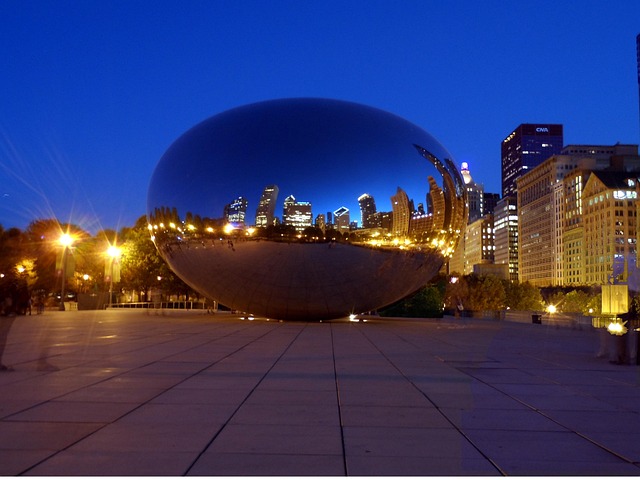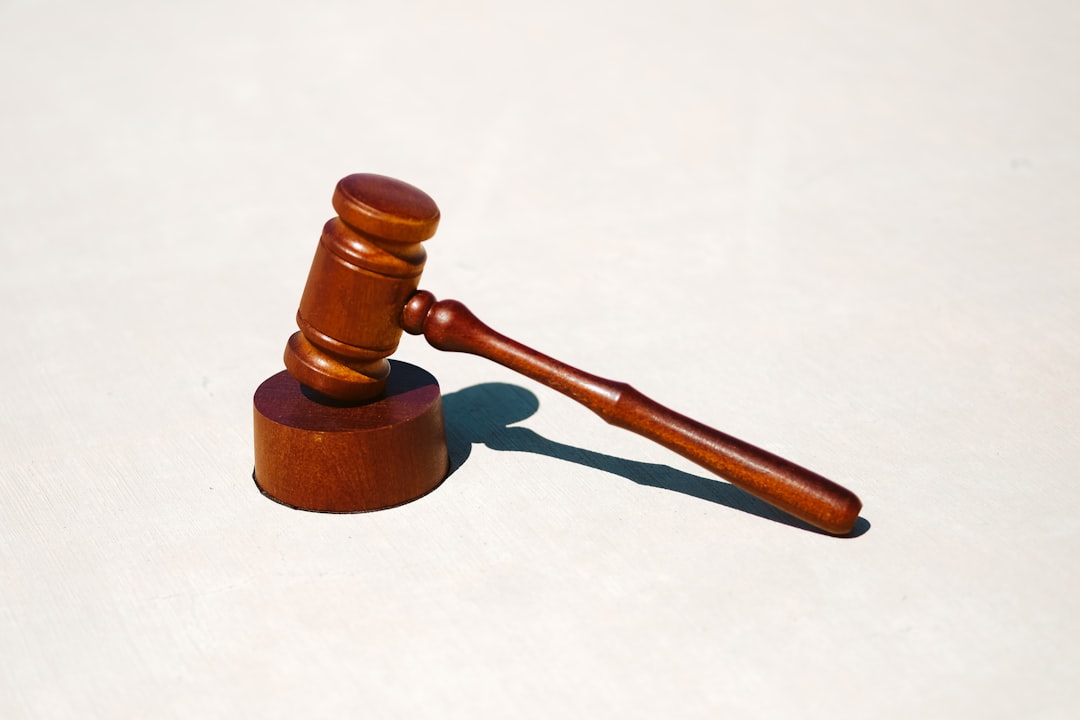Title IX, enacted in 1972, is a crucial federal law combating sexual discrimination, harassment, and abuse in educational settings, including Chicago schools. A school abuse law firm in Chicago, IL, plays a vital role in interpreting and enforcing these policies, ensuring safe learning environments. By understanding their rights under Title IX, parents can actively promote respect and contribute to safer schools. Chicago's specialized legal experts support victims through immediate action, reporting mechanisms, disciplinary measures, and access to counseling services, fostering a culture of equality and protection.
“In Chicago, as across the nation, ensuring a safe learning environment free from sexual abuse is paramount. This comprehensive guide delves into Title IX, a pivotal law aimed at preventing and addressing sexual misconduct in schools. We explore its impact on Chicago’s educational institutions, offering insights into student protection, common challenges, and available resources for victims and their families. Understanding Title IX is essential for parents navigating the complexities of school abuse, empowering them to advocate for their children’s safety with the help of a dedicated Chicago IL school abuse law firm.”
Title IX: A Comprehensive Overview for Chicago Parents
Title IX, a landmark piece of legislation, has played a pivotal role in fostering safer environments for students across the country, including Chicago. This federal law, enacted in 1972, prohibits sexual discrimination in educational institutions, ensuring that all students have equal access to opportunities and resources without fear of harassment or abuse. For parents in Chicago, understanding Title IX is crucial in recognizing and addressing potential issues related to school abuse.
The law covers a wide range of scenarios, including but not limited to, sexual assault, harassment, discrimination based on gender identity or expression, and retaliation for reporting such incidents. A school abuse law firm in Chicago IL can provide valuable insights into the implementation and enforcement of Title IX policies, ensuring that educational institutions adhere to these guidelines. By being aware of their rights and the protections offered by Title IX, parents can actively contribute to creating a culture of safety and respect within schools.
Defining Sexual Abuse in Educational Settings
Sexual abuse in educational settings is a serious concern that encompasses a range of inappropriate behaviors, including but not limited to sexual harassment, assault, exploitation, and coercion. This type of abuse can manifest in various forms, from verbal advances and unwanted physical contact to more extreme acts such as rape or sexual battery. A school abuse law firm in Chicago IL highlights that these incidents can have devastating impacts on students’ emotional well-being, academic performance, and overall development.
Title IX, a federal law designed to ensure equal opportunity in education, plays a pivotal role in preventing and addressing school abuse. The law prohibits sex discrimination in all aspects of educational programs and activities, including athletics, academics, and extracurriculars. By implementing robust policies and procedures to investigate and resolve complaints of sexual misconduct, schools can foster a safer environment for students and uphold the principles set forth by Title IX.
The Law in Action: How Title IX Protects Students
Title IX, a landmark piece of legislation, has been instrumental in promoting equality and preventing sexual harassment and abuse in educational institutions. Enacted in 1972, this law prohibits gender-based discrimination in all aspects of education, including schools and colleges across Chicago and beyond. In the context of school abuse, Title IX ensures that students have a safe learning environment free from sexual misconduct.
The law mandates that educational institutions take immediate and effective steps to address and prevent such incidents. This includes establishing reporting mechanisms, providing support services for victims, and enforcing strict disciplinary measures against perpetrators. By upholding these guidelines, Chicago’s school abuse law firms play a crucial role in ensuring that students’ rights are protected and that any form of sexual harassment or abuse is met with swift action.
Challenges and Loopholes: Common Issues in Enforcement
Title IX, a powerful law designed to prevent and address gender-based discrimination in education, has had a significant impact on schools across the nation. However, when it comes to sexual abuse, there are unique challenges and loopholes that often hinder its effective enforcement. One of the primary issues is ensuring that all incidents, especially those involving non-consensual acts or power imbalances, are properly identified and reported. Many victims, particularly in Chicago’s diverse school system, face barriers such as fear, stigma, or a lack of trust in authority figures, which can prevent them from coming forward.
Chicago schools, like many others, must actively work on creating safe spaces for reporting and thorough investigations to address these challenges. Collaboration between educators, administrators, and legal experts from top school abuse law firms in Chicago, IL, is crucial in developing protocols that encourage victims to speak up while ensuring the integrity of the process. By staying vigilant and proactive in their approach, schools can better protect students and uphold the spirit of Title IX.
Resources and Support for Victims and Families in Chicago
In the aftermath of experiencing sexual abuse in Chicago schools, victims and their families can access a range of resources and support services tailored to help them navigate this challenging time. Many organizations, including reputable school abuse law firms based in Chicago, IL, offer legal assistance, counseling, and advocacy to ensure that rights are protected and justice is pursued. These professionals specialize in helping individuals understand their options and take appropriate actions under the protective framework of Title IX.
Support groups, therapy services, and hotlines dedicated to addressing child sexual abuse are also widely available throughout Chicago. Local community centers, hospitals, and non-profit organizations often provide safe spaces where victims and families can find comfort, guidance, and healing resources. Additionally, schools themselves should have protocols in place to refer affected students and their families to specialized support services, ensuring that they receive the comprehensive care necessary for recovery and empowerment.






